Navigation auf uzh.ch
Navigation auf uzh.ch
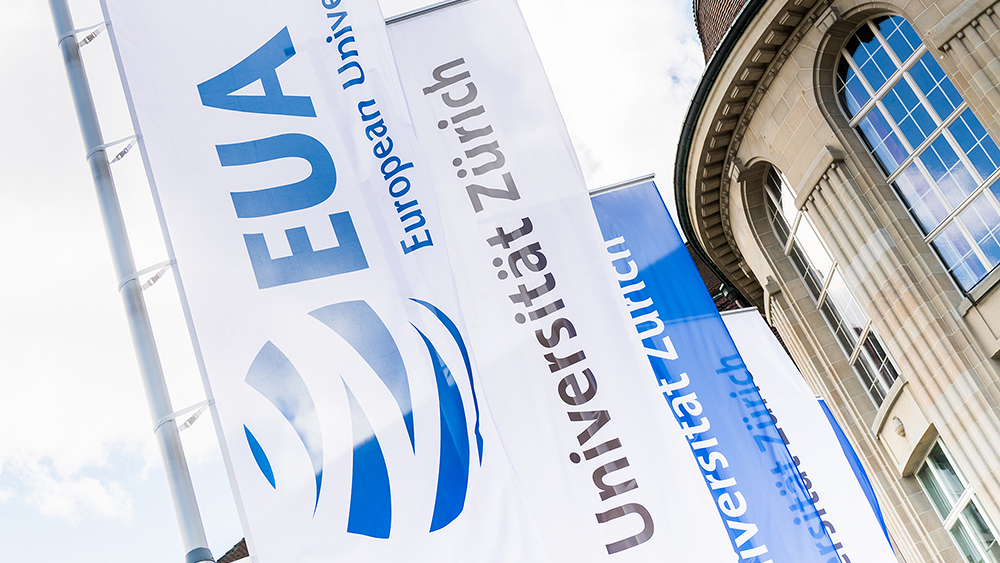
Around 120 university rectors and presidents and around 280 other guests from over 33 different countries met at UZH this week. They were representing their universities at the annual conference of the European University Association (EUA), hosted for the first time by the University of Zurich. The EUA is a central discussion forum for higher education policies, and enables universities and national rectors’ conferences from 47 European countries to get together and debate topics related to education, research, and innovation, and to initiate joint projects.
The presentations and discussion events at this year’s conference revolved around the topic “Engaged and responsible universities shaping Europe”, reflecting on the role and significance of universities in European society. For example, participants explored the contribution that universities can make to tackling challenges such as social inequality or sustainable development.
UZH News spoke to a few of the attendees and asked them for their reflections on the conference.
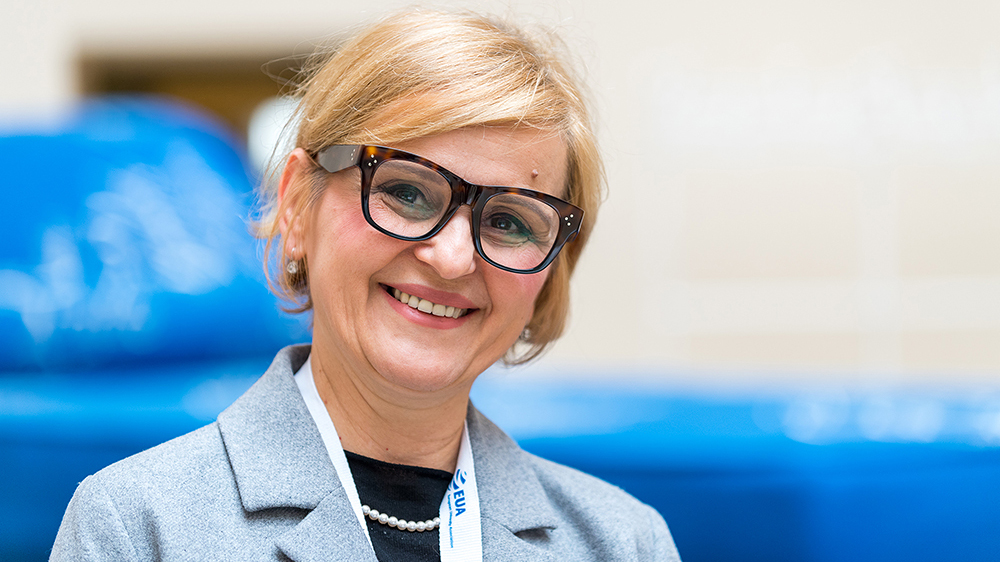
Snjezana Prijic-Samarzija, Rector of the University of Rijeka in Croatia, was pleased to have the opportunity to visit Switzerland and get a behind-the-scenes glimpse of UZH. For her, the theme of the conference was timely and very relevant: “Universities do not just have responsibility towards their own home regions, but also towards the global community.” She felt the University of Zurich was a good example of a higher education institution taking its responsibility seriously through its initiatives in the areas of knowledge transfer, Citizen Science, and Open Science. She would certainly be bringing many new ideas back to Croatia from the conference.
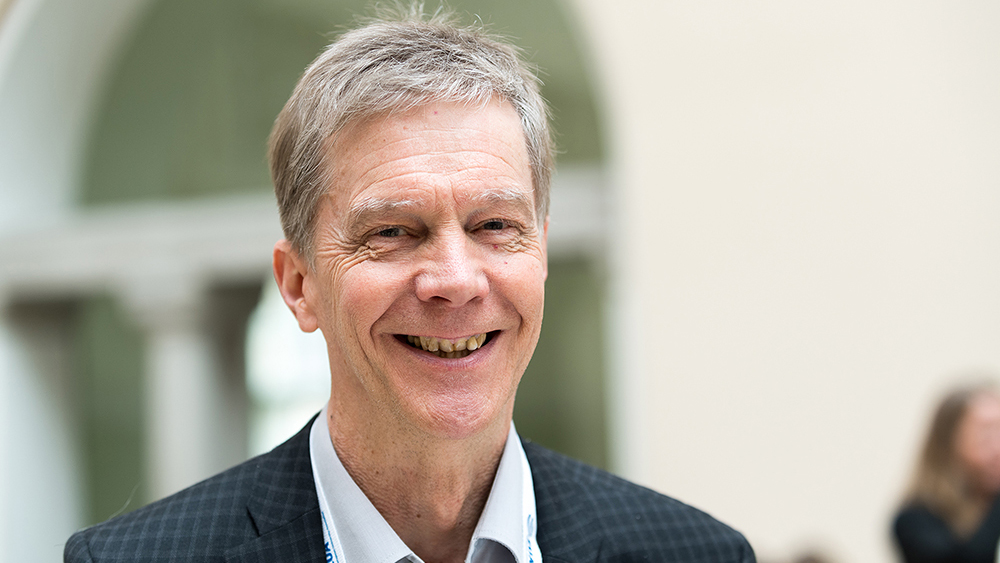
Kari Seppälä from the University of Turku in Finland was representing the European University Continuing Education Network (EUCEN), which runs projects on the themes of social integration, well-being, and workplace reforms. He shared the view that universities had a large amount of responsibility. “Universities have a moral obligation to serve society – in particular in difficult areas such as the refugee crisis or climate change.” Seppälä hoped to use the contacts that he made at the conference to drive these projects further forwards.
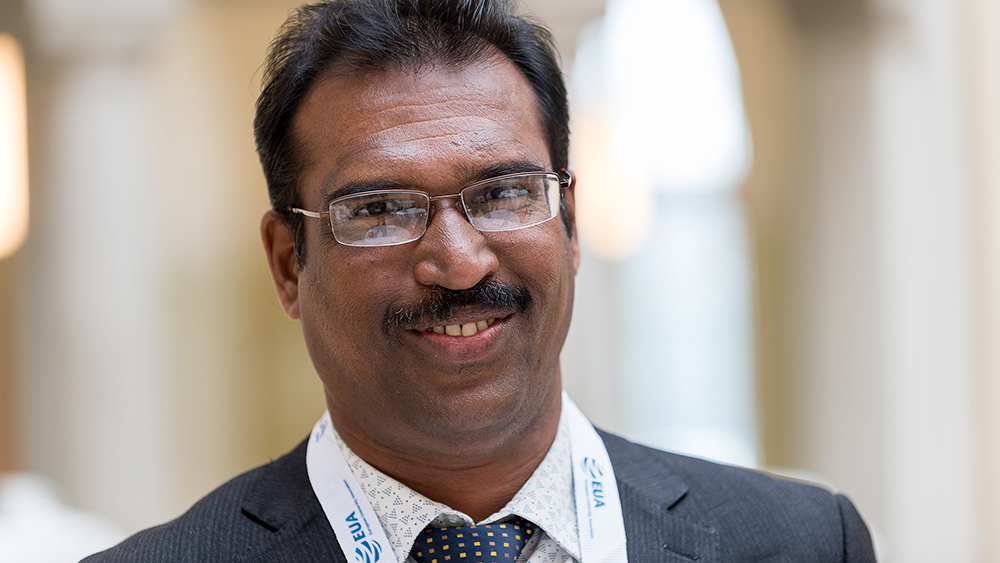
Guests at the EUA were not just from Europe, but also from other continents. V. Kanagasingam is Rector of the Trincomalee Campus of the Eastern University in Sri Lanka. For him, the conference in Zurich offered the possibility to build up relationships in Europe. The EUA had inspired him to form similar university networks in Asia with colleagues in the region. He felt that these wide-reaching communities were important to secure funding for universities so that they could help to solve the world’s problems. “We have to transfer existing knowledge to the next generation,” said Kanagasingam.
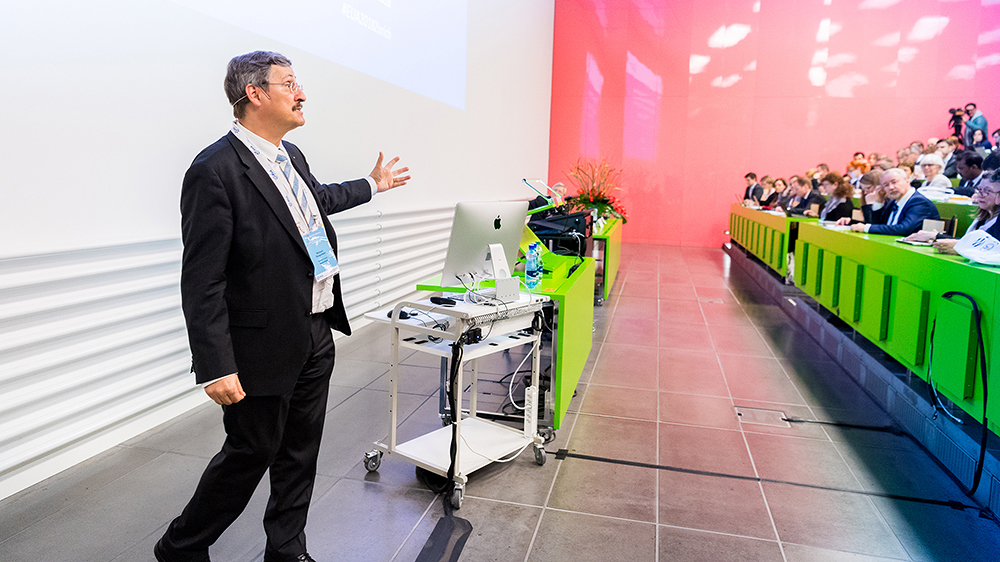
President of UZH and of swissuniversities, Michael Hengartner, was thrilled about the number of guests from all over the world visiting UZH: “It is an honor for us to be hosting this major international university conference for the first time.” Staging the EUA annual conference also provided a valuable opportunity to further consolidate the outstanding international reputation of UZH and the Swiss higher education sector, added Hengartner.